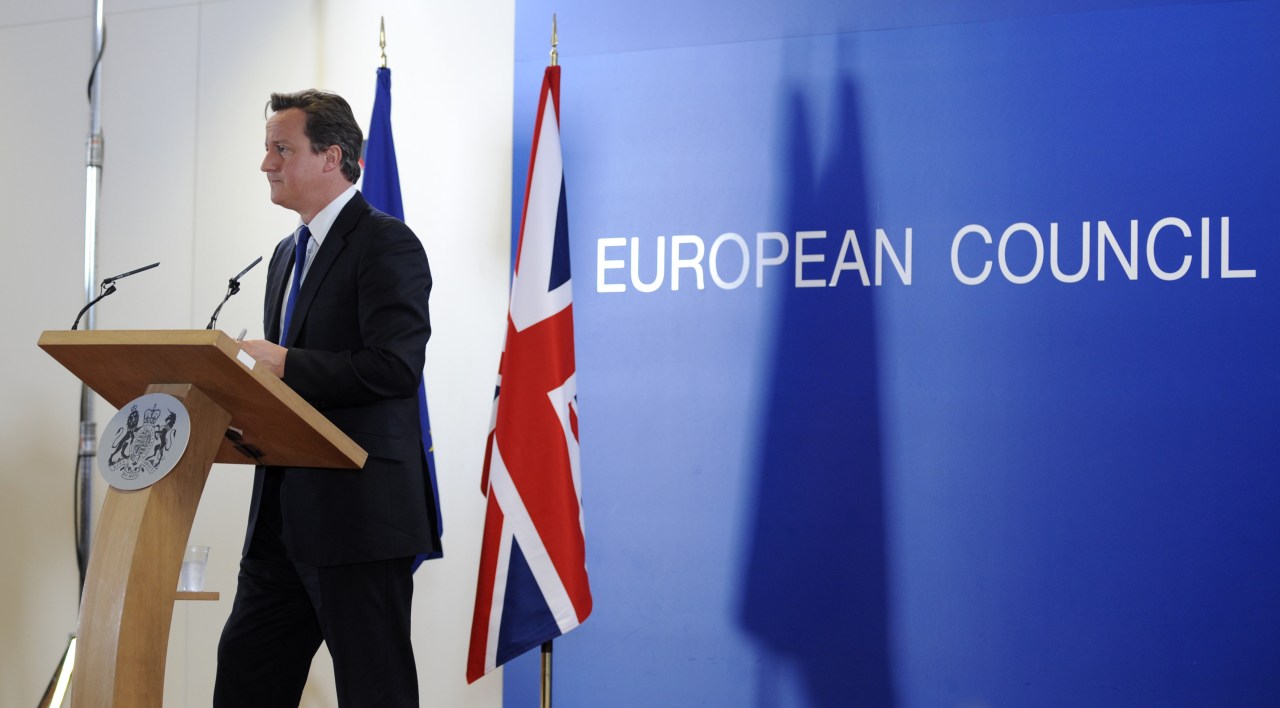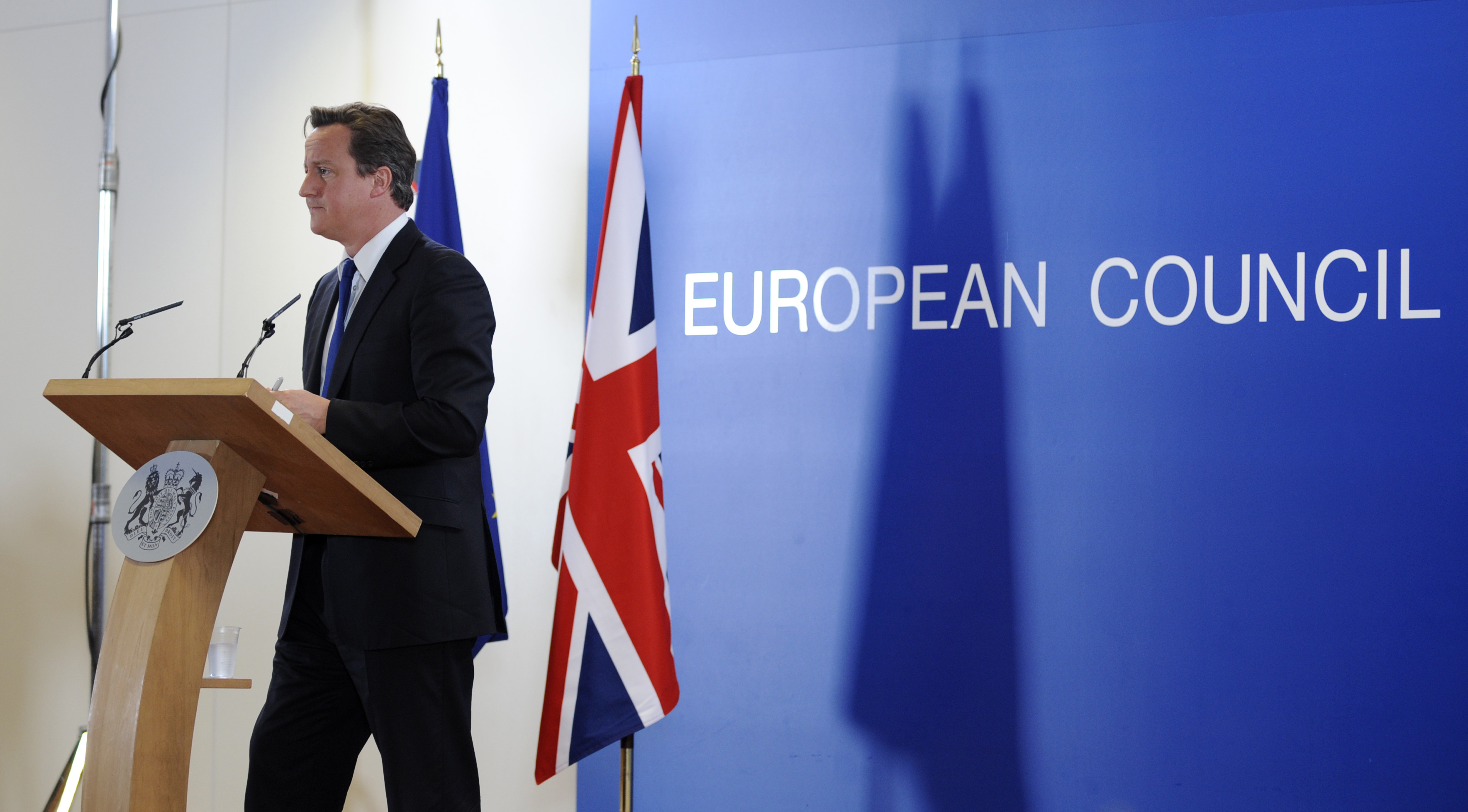 I hope you adjusted your calendars accordingly, CoffeeHousers. The parliamentary debate
and vote on an EU referendum starts at 1600 today — and what morbid fun it promises to be too. Fresh from being bawled out by Nicolas Sarkozy at the weekend, David Cameron is returning to
London to be bawled out by a significant proportion of his own party. And while the Tory leadership is certain to defeat David Nuttall’s Eurosceptic motion, it will not avoid being wounded in the
process. Most of the wounds have already been self-inflicted.
I hope you adjusted your calendars accordingly, CoffeeHousers. The parliamentary debate
and vote on an EU referendum starts at 1600 today — and what morbid fun it promises to be too. Fresh from being bawled out by Nicolas Sarkozy at the weekend, David Cameron is returning to
London to be bawled out by a significant proportion of his own party. And while the Tory leadership is certain to defeat David Nuttall’s Eurosceptic motion, it will not avoid being wounded in the
process. Most of the wounds have already been self-inflicted.
By way of a scorecard for the coming bloodsport, I’d recommend that you read the two posts by parliamentary experts Philip Cowley and Mark Stuart here and here, setting out the extent of previous Tory rebellions over Europe, and what we might expect today. Here are some of their key numbers, along with a couple I’ve added for context, with my own comments:
68 (or thereabouts): The number of Tory MPs who have already signed up to Nuttall’s motion. They include the chairman of the 1922 Committee, Graham Brady, and Stewart Jackson, PPS to Owen Patterson.
41: The size of, as Cowley and Stuart put it, “the largest Conservative Government backbench rebellion on Europe on whipped business” — suffered by John Major on 20 May 1993. 41 is also the size of the largest Tory rebellion so far this Parliament.
75: The size of the coalition’s effective majority in Parliament, which would be an embarrassing milestone were it to be exceeded. Cowley and Stuart advise caution about predicting rebellions, but they do add that, “if you combined the list of those Conservative MPs who had signed the referendum with those who have already defied their whips over Europe since May 2010, you got a figure of 78.”
139: The biggest rebellion against any party whip since the 19th Century. And the party whip in question? Labour’s, during the March 2003 vote on the Iraq War.
The Tory leadership is trying to contain the fallout, this morning, by emphasising their policy of repatriating powers should there be a treaty change. “Any change is an opportunity for Britain to advance our national interest,” is how Cameron put it yesterday, and William Hague repeated the message on the Today Programme earlier. But with the three line whip still hovering mercilessly over today’s vote, such promises are unlikely to placate the Tory backbenches.







Comments